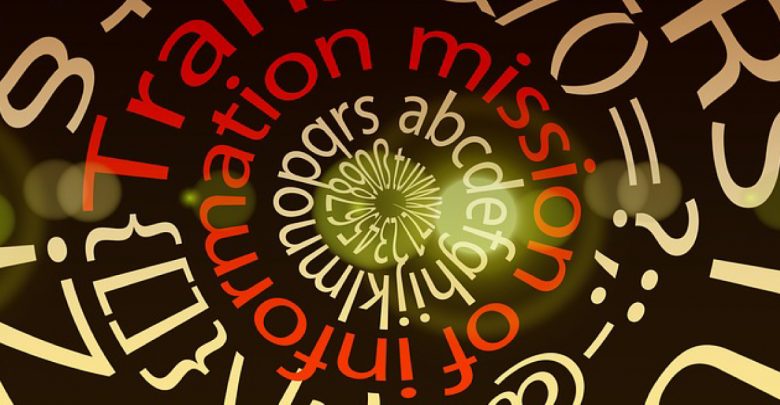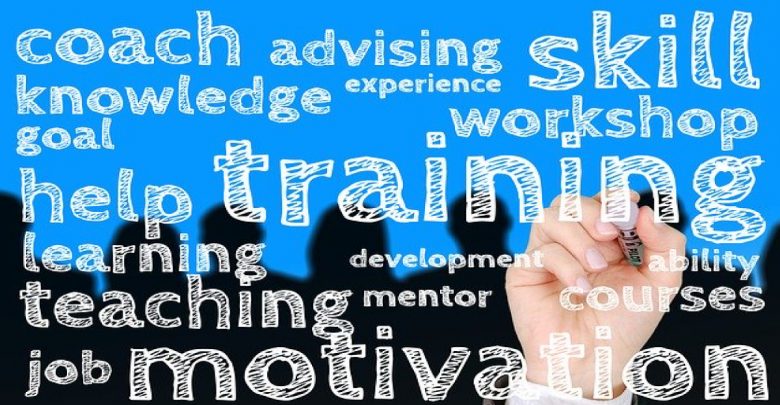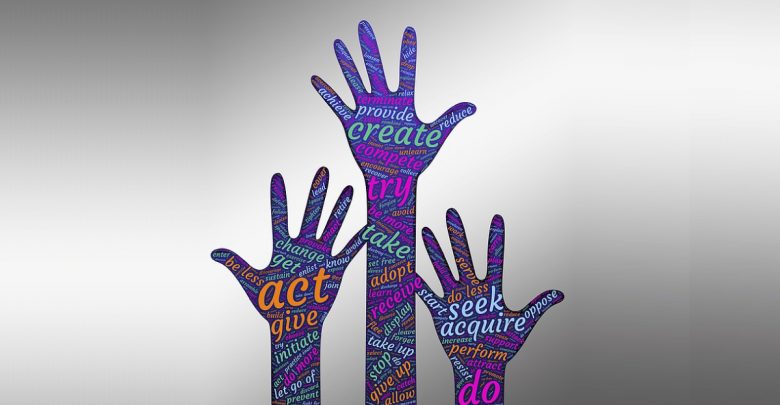learning
-
Introduction Utilizing our talents, becoming good at something is one of life´s most powerful drivers. People can devote their whole lives to perfecting a skill, competence, or an attitude, building a great team or an organization. Helping and supporting your colleagues to become better and develop their talents, and therefore grow as a team, not only makes a difference for…
Read More » -
One definition of social transformation is the process by which an individual alters the socially ascribed social status of their parents into a socially achieved status for themselves. However, another definition refers to large scale social change as in cultural reforms or transformations. Non Formal learning induces changes and advocates for transformation. *[Content] It has been suggested that the educational…
Read More » -
What we know and how we transfer that knowledge to others is a completely different world. How many times we have said that someone knows a lot, but is not able to share and to pass the knowledge, the values or the passion to others? Because it is not easy to think and to put ourselves as trainers in a…
Read More » -
Learning is important because no one is born with the ability to competently function as an adult in the society. It is especially important to understand the kinds of learning experiences that lead to transfer, defined as the ability to extend what has been learned in one context to new contexts (e.g., Byrnes, 1996:74). Educators hope that students will transfer…
Read More » -
introduction: It is very important to understand that the learners don’t feel at same levels (cognitive and emotional) the sincere interest of the trainer/facilitator toward their needs and their experiences that can become part of the training session too. Content: Trainers play an important role in the trajectory of the learner throughout the non-formal training experience. Positive relationships between learners…
Read More » -
Content: Flexible thinking is one of the three main executive skills. The other two are working memory and inhibitory control (self-control). Together, these skills allow people to manage their thoughts, actions and emotions in order to get things done. Think about what might happen when a child encounters a tough math problem. She uses inhibitory control to stay focused. She…
Read More » -
Introduction: Trainers should be aware of the wider pedagogical background of non-formal learning and having a clear understanding of the importance of their values and key principles. The understanding of those principles is the basis for transferring into learning experiences. Trainers can not only run activities or propose exercises without having clear the framework in which they are working, being…
Read More » -
Introduction: The evaluation report should be structured in a manner that reflects the purpose and questions of the evaluation and should be clearly addressed for proposing changes and proposing adaptation in the future model of the training. The specific evaluative rubrics should be used to ‘interpret’ the evidence and determine which considerations are critically important or urgent. Evidence on multiple…
Read More » -
Introduction: Evaluations often make recommendations about how a program can be improved, how the risk of program failure can be reduced or whether a program should continue. However, not all evaluations include recommendations. It is important to clarify whether recommendations are expected when developing the evaluation brief, terms of reference or scope of work. Content: Why is important to dedicate…
Read More » -
Introduction: Social Learning Theory, theorized by Albert Bandura, posits that people learn from one another, via observation, imitation, and modeling. The theory has often been called a bridge between behaviorist and cognitive learning theories because it encompasses attention, memory, and motivation. Content: Social learning theory explains human behavior in terms of continuous reciprocal interaction between cognitive, behavioral, and environmental influences.…
Read More »









